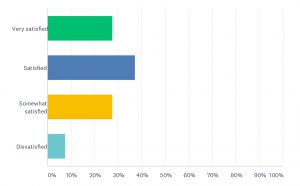Survey Shows High Job Satisfaction, Aging Workforce
 By Michael Degan, Editor, Fluid Power Journal —
By Michael Degan, Editor, Fluid Power Journal —
Most fluid power professionals are satisfied with their jobs, according to a survey by the International Fluid Power Society and Fluid Power Journal.
The biennial survey reflected the overall job satisfaction shown in a 2019 survey. But the 2021 findings showed some realignment in the levels of satisfaction.
Of 134 responses to the April 1 to June 30 survey, 28% said they were very satisfied, while 37% were satisfied, down from 50% in 2019. Another 28% were somewhat satisfied in 2021, up from 24% in 2019.
Salaries
In another jump over the 2019 survey findings, 35% of fluid power professionals have not received a raise and do not expect one this year. That figure is up from 28% in 2019. However, 22% have received or expect a raise of 1-2% this year, up from 13% in 2019.
For a raise in the 2-3% range, 19% received or expect one this year, down from 28% two years ago. In the 3-4% range, 11% received or expect a raise this year, down from 14% in 2019.
Salaries for fluid power professionals are generally unchanged from two years ago. This year and in 2019, about 34% reported salaries of $100,000 to $200,000. While 17% said their salaries ranged from $90,000 to $99,000 in 2019, 10% reported compensation in that range this year.
However, the number reporting salaries in the $70,000 to $79,000 range doubled from more than 6% in 2019 to over 13% this year.
More than half of the 2021 respondents, 54%, said their compensation is fair.
IFPS certification
The 2021 responses reflected growth in IFPS certification. Over 70% said they hold a certification, up from 54% in 2019. More than half of the 2021 respondents, 54%, hold a hydraulic specialist certification, while 22% hold pneumatic specialist. Twenty-six percent hold no certification, down from 41% in 2019. This year’s survey also reflected an increase in certifications for mobile hydraulic mechanic, from 7% in 2019 to 17%.
Most 2021 respondents, 56%, said they did not receive additional pay after obtaining a certification.
An aging workforce
Demographic findings from the survey gave a picture of an industry in flux with an aging population of fluid power professionals. Nearly half the respondents, 49%, have worked in the industry seven years or less, while 21%, have worked in fluid power more than 25 years. Twenty-nine percent have worked in the industry between eight and 25 years.
Nearly half of the respondents, 45%, were over age 50, while 36% are under age 40.
Not surprisingly, nearly all the respondents, 95%, were men. Most respondents were either engineers or sales people, while 37% reported working in technical or specialist jobs.
The complete survey findings are below.
To see the 2019 survey findings, click here.
What Is Your Gender?
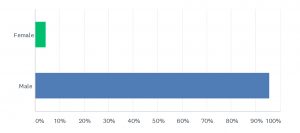
How old are you?
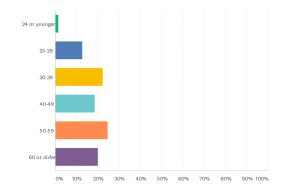
In which region of the United States do you live?
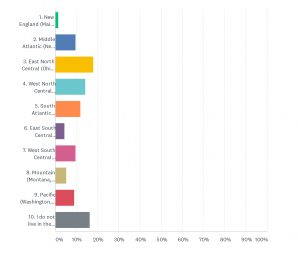
How many years have you worked in the fluid power industry?
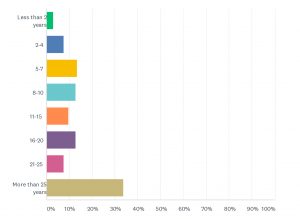
Which of the following best describe your job?
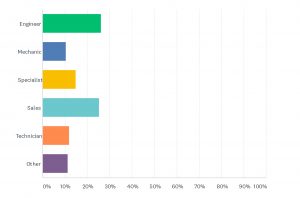
How long have you worked for your current employer?
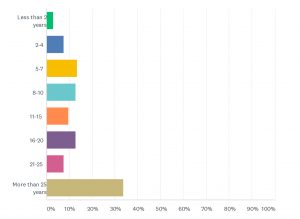
How many employees work at your company?
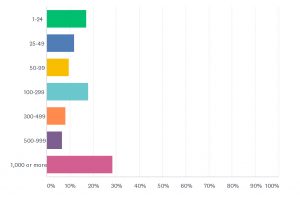
How many employees work for you?
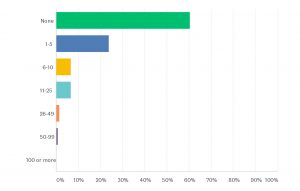
What is the highest formal education you have?

What is your current salary?
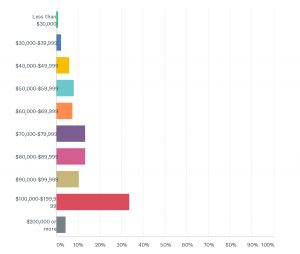
Do you think you are compensated fairly?

Do you think your job is secure?
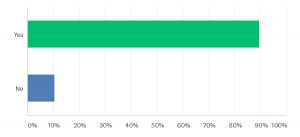
How would you describe your company operations?
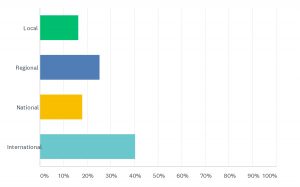
What is your company’s primary business in the fluid power industry?
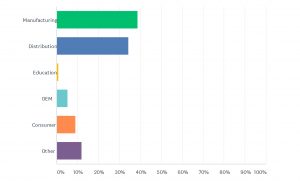
Do you hold an IFPS certification?
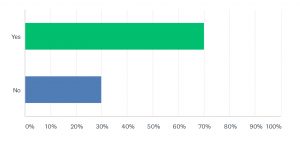
What IFPS certifications have you earned?
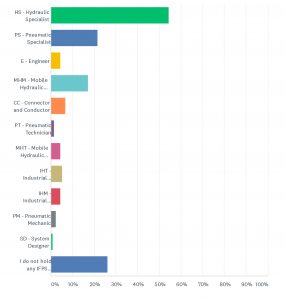
Did you receive additional compensation after obtaining your IFPS certification?
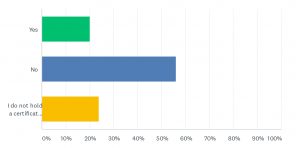
How do you feel IFPS certification has supported you in the fluid power industry?
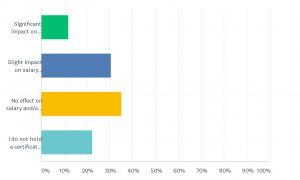
Which of the following benefits does your company offer?
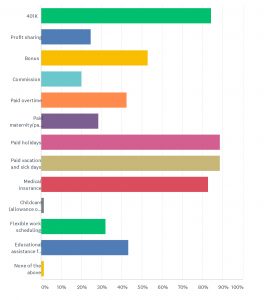
On average, how many hours of overtime do you work per week?
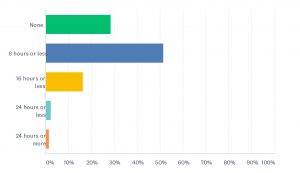
Are you represented by a union?
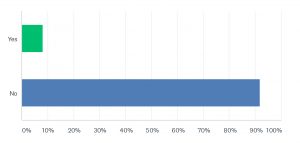
What percentage raise did you receive, or do you expect to receive, this year?
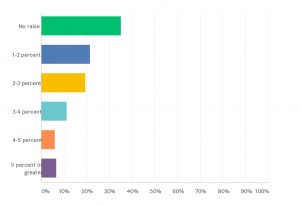
Are you satisfied with your job?
